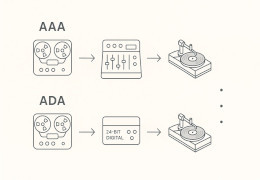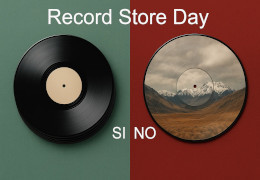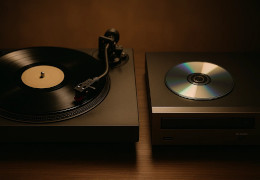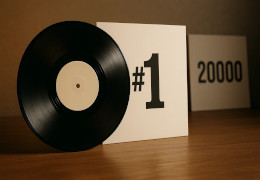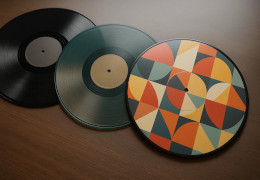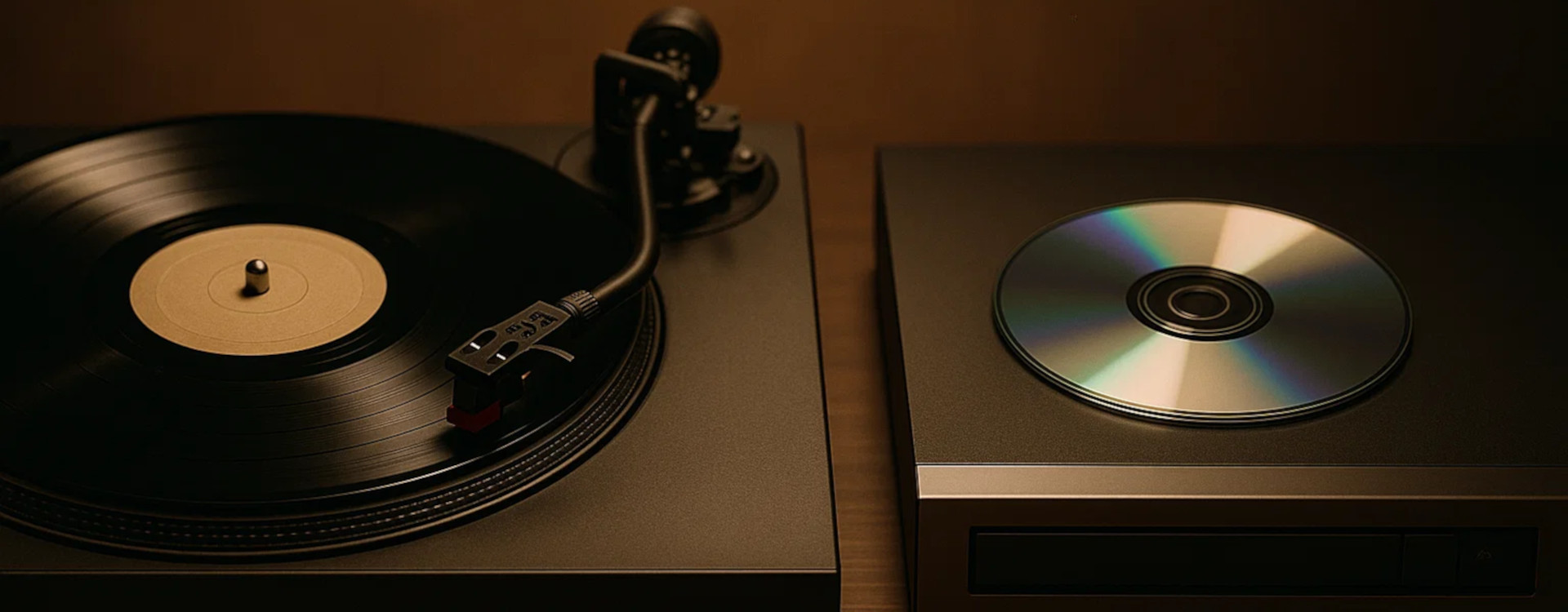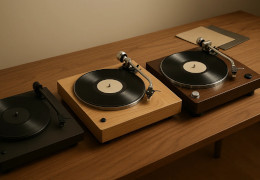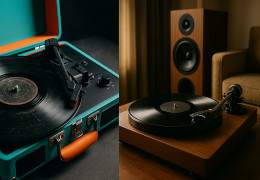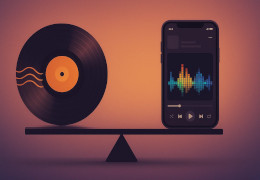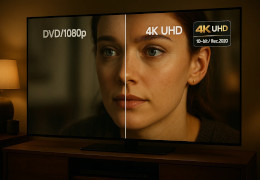Vinyl or CD? Audio quality differences explained simply
Vinyl or CD? Discover in a clear, non-technical way the differences in audio quality, the pros and cons of both formats, plus practical tips to get started.
🔊 How vinyl works
Vinyl is an analog format: sound is physically engraved into the grooves of the record. The turntable’s stylus reads them, translates the engravings into vibrations, and sends them to the audio system.
✅ Strengths of vinyl
- Warm, natural sound, perceived as more immersive and realistic.
- Tactile experience: large covers, artistic inserts, colored editions.
- Collectible value: original pressings and limited editions may increase in value.
⚠️ Limitations of vinyl
- Very sensitive to dust and scratches, requires regular cleaning.
- Needs a dedicated setup (turntable, phono preamp, amplifier, speakers).
- Quality varies depending on the pressing and storage condition.
💿 How the CD works
The CD is a digital format: music is recorded as a sequence of numeric data. The player decodes this information and converts it into sound consistently and precisely.
✅ Strengths of the CD
- Stable quality, identical with every playback, no physical wear.
- Compact and practical: easy to store or copy to digital.
- Affordable price, usually lower than vinyl reissues.
⚠️ Limitations of the CD
- For some listeners the sound feels more “cold” and emotionally neutral.
- Standard editions have less visual impact compared to deluxe vinyls.
- Many modern systems no longer include a built-in CD player.
🔍 Audio quality differences (in simple words)
Type of sound
Vinyl: warm, full of nuances and pleasant imperfections.
CD: clean, precise, neutral and consistent from start to finish.
Dynamic range
Vinyl: more limited, depends on the pressing.
CD: wide, allows strong contrasts between low and high sounds.
Background noise
Vinyl: crackles and clicks typical of the analog medium.
CD: total silence between tracks, no mechanical noise.
Durability and consistency
Vinyl: can wear with use; maintenance and stylus are crucial.
CD: if stored properly, remains unchanged over time.
Listening experience
Vinyl: slow, visual and tactile ritual.
CD: practical and fast, ideal for everyday listening.
🎼 Which one to choose?
If you want emotional involvement and collectible items, vinyl is the right choice. If you prefer precision, convenience and stability, CD is more suitable. Many enthusiasts use both: vinyl for special listening moments, CDs for everyday practicality.
📌 Practical tips
Getting started with vinyl: choose a well-calibrated entry-level turntable, a suitable phono preamp, quality 180g reissues, an anti-static brush and protective inner sleeves.
Rediscovering CDs: go for remastered editions or box sets with booklets, and digitize them in FLAC format for a lossless archive always at hand.
Conclusion
Vinyl and CD are not rivals, but two complementary ways of experiencing music. Vinyl favors emotion and the ritual of listening; CD favors precision and reliability. The choice depends on what you’re looking for: emotion or convenience… or both, alternating formats.

